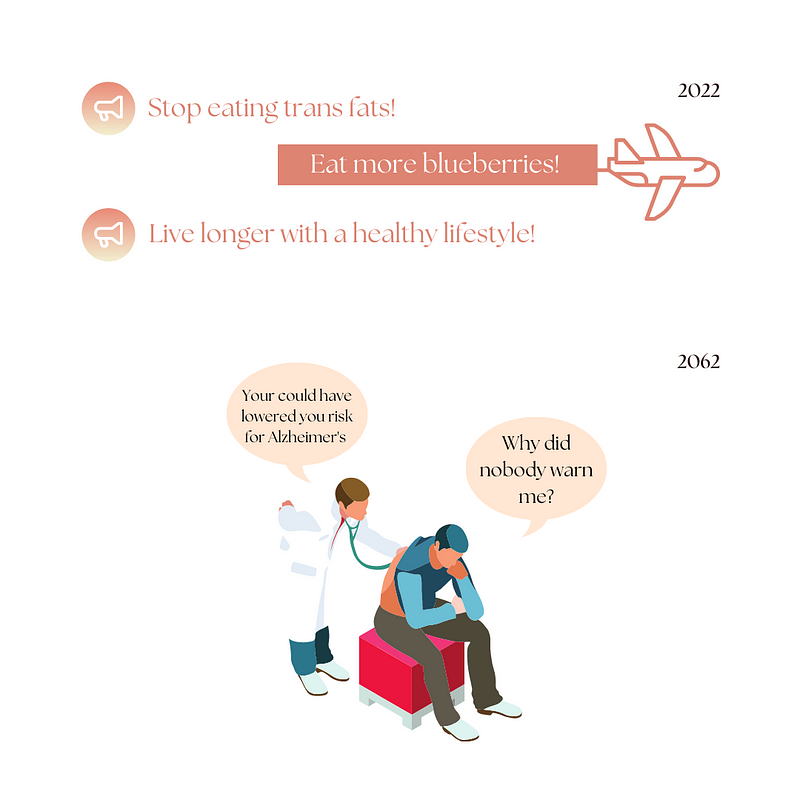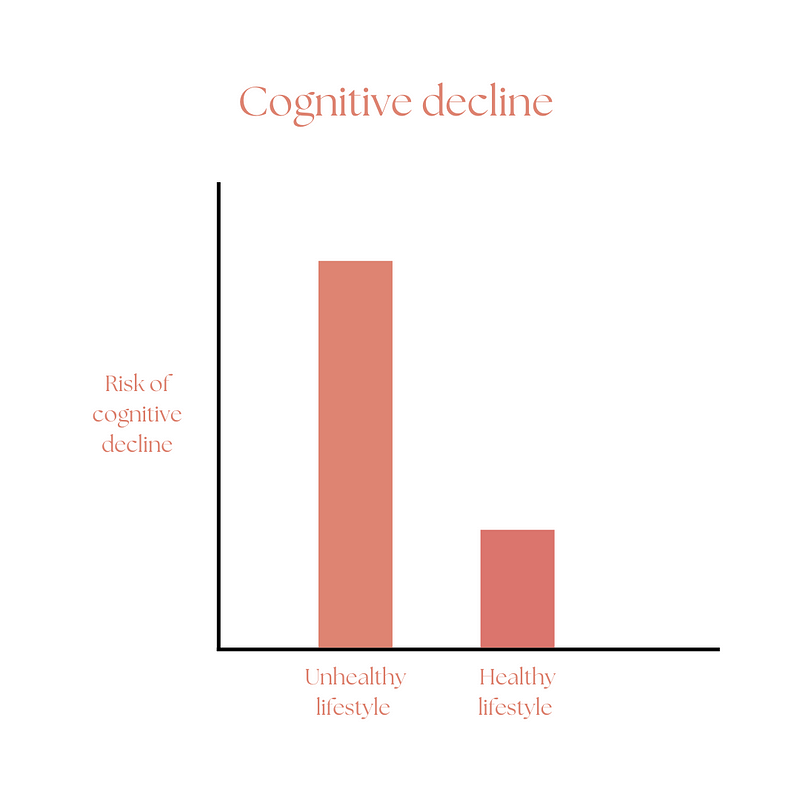Food Choices That May Be Harming Your Health Over Time
Written on
Understanding the Impact of Food Choices
The food we consume plays a crucial role in our overall health, affecting both our physical and mental well-being. While many people are aware of the basic advice, such as avoiding bacon for cholesterol reasons, few consider the more alarming potential consequences, like the risk of Alzheimer’s disease. This article delves into the detrimental long-term effects of certain everyday foods on health, drawing inspiration from Neal Barnard’s TED talk.
The Disconnect in Our Food Awareness
When I mention harmful foods, you might think, "I already know that," and I'm glad you do. However, knowing isn't enough. The real issue lies in our lack of understanding about why these foods are harmful. Consider this analogy: You're told to run, but you don’t understand the urgency until you see a tsunami approaching. Similarly, unless we grasp the serious health implications of certain foods, we won't feel compelled to avoid them.

The Risks of Noxious Foods
It’s not merely about cholesterol, high blood pressure, or obesity; the threat extends to cognitive decline, including conditions like dementia and Alzheimer’s. Studies indicate that diets high in certain harmful substances significantly increase the risk of cognitive disorders:
- Trans Fats: found in margarine, cookies, and chips.
- Saturated Fats: present in dairy products, processed oils, and red meat.
- Heavy Metals: such as iron and copper.
People consuming these foods had their risk of cognitive decline tripled over time.

While genetics play a role in Alzheimer's, a healthy diet can mitigate risks even for those with genetic predispositions.
The Role of Antioxidants
Excessive metals in the body lead to oxidation, generating free radicals that damage cellular connections. While iron is essential, too much can be toxic. So how do we combat this oxidative stress, particularly in the brain?
Antioxidants serve as protective agents. According to Neal Barnard, they act as fire extinguishers. Here are some antioxidant-rich foods to incorporate:
- Vitamin E: found in spinach and nuts.
- Beta Carotene: present in carrots, mangoes, and oranges.
- Lycopene: available in tomatoes and watermelon.
- Lutein: found in green vegetables.
It's tempting to rely on supplements for these nutrients, but it’s important to obtain them from whole foods for optimal absorption.
Maintaining a Healthy Lifestyle
If simply consuming a healthy diet can lower cognitive decline risk by threefold, imagine the benefits of pairing it with a healthy lifestyle. Research shows that individuals practicing 4-5 healthy behaviors can reduce their risk of Alzheimer’s by 60% compared to those with 0-1 healthy habits.
Healthy lifestyle choices include:
- Eating a balanced diet
- Engaging in regular exercise
- Avoiding smoking
- Participating in mental activities
- Limiting alcohol intake
The evidence is clear: adopting a healthy lifestyle can significantly enhance your quality of life and longevity.
Making Informed Choices for Your Family
If you've read this far without rushing to buy berries and spinach, it's time to reflect on your choices, both for yourself and your loved ones. What you eat and the habits you encourage in those around you, especially as a parent, are crucial.
Thank you for taking the time to engage with this article! I appreciate the opportunity to share my insights and hope they resonate with you. If you have thoughts or additional perspectives, please feel free to share.
Have a wonderful day!

10 Foods That Are Slowly Killing You - YouTube
Explore how common foods can adversely affect your health over time, including potential risks related to cognitive decline.
7 Common Foods Killing You Slowly - YouTube
Learn about everyday foods that may be detrimental to your health, and discover healthier alternatives to promote long-term well-being.